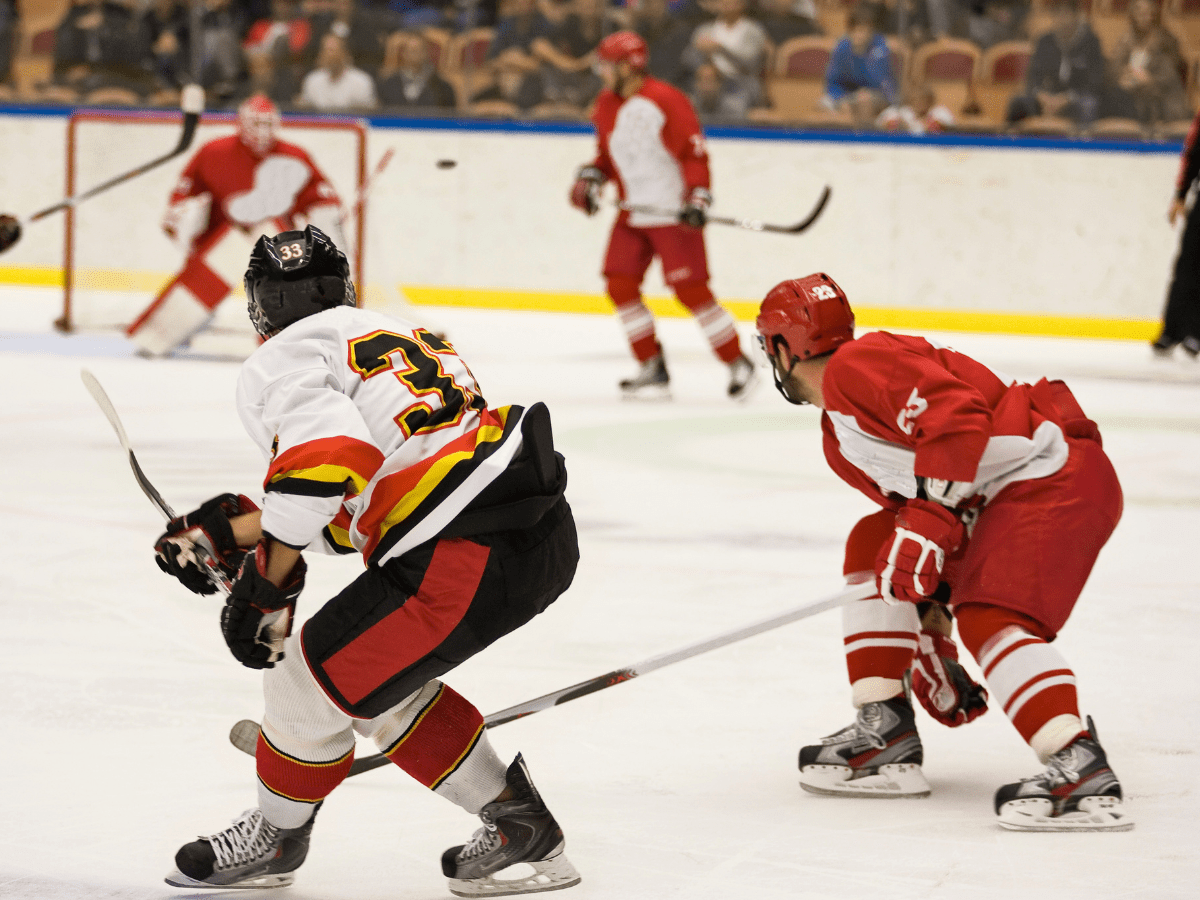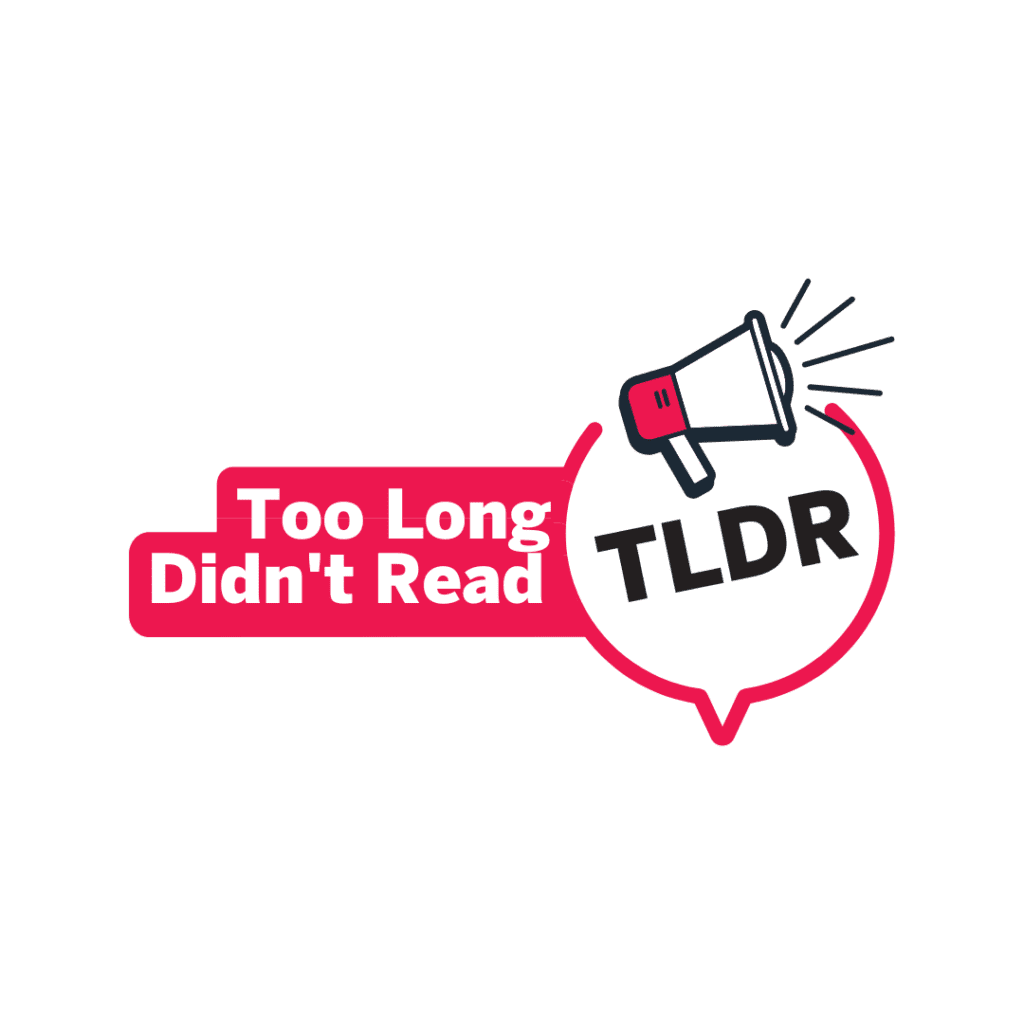

Project Summary
Research focusing on the development of psychological skills in sport, has been conducted primarily with athletes and coaches. However, we know little on how to assist officials to enhance their performance. Thus, the general objective of this research was to better understand ice hockey officials’ experiences in their sport and factors that influence their performance. More specifically, this research aimed: (a) to explore motives for becoming an ice hockey official, (b) to identify sources and determine the extent and levels of stressful experiences, (c) to identify coping strategies used, and (d) to identify skills necessary for successful officiating performance.
Despite popular perception, officials report moderate levels of stress due to officiating; however numerous potential stressors were identified. Focusing on changing the situation was the most prevalent coping style used. Other psychological skills that increased with certification level included goal setting, concentration, confidence levels, and the ability to remain positive and calm. The complexity of officiating skills was identified.
Research Methods
A mixed methodology involving both quantitative and qualitative methods was used. The project received approval from the University of Regina’s Research Ethics Board and was supported by Hockey Canada and provincial governing bodies.
Quantitative sample. The final sample included 265 officials (91.7% males; 8.3% females) from Level 1 (n = 63), Level 2 (n = 75), Level 3 (n = 86), Level 4 (n =29), Level 5 (n = 8), and Level 6 (n = 2). The mean age of officials was 28.2 years (SD = 13.9, Range = 10 to 59 years) with an average of 9.89 years (SD = 9.8 years, Range = 1 to 42 years) officiating experience. Two provincial associations provided lists of all registered officials. Officials in Levels 1 through 4 were randomly selected and contacted with invitations to participate. Attempts were made to contact all officials in Levels 5 and 6.
Qualitative sample. Twenty-five interviews with male referees certified in Levels 1 through 4 and 7 interviews with female referees certified in Levels 1 and 2 were conducted.
Participants were recruited through their provincial hockey association. All interviews were semi-structured, audiotaped, and transcribed verbatim. All analyses were conducted with the assistance of an officiating supervisor who has 17 years of supervising experience.
Research Results
Motives for Officiating. There are intrinsic (the desire to stay involved with the sport, to stay active, and to develop skills), extrinsic (financial), and socially-related (the influence of relatives, friends, and coaches) motives for becoming an ice hockey official that may differ between genders. Effective recruitment strategies would include utilizing coaches and/or parents to support and encourage officiating as a way to stay involved in the sport.
Sources and Intensity of Acute Stressors. Despite identifying numerous sources of stress within the sport, officials, on average, reported feeling only moderate levels of stress. Three main categories of stressors were apparent: (a) fear of mistakes, (b) verbal and physical abuse from players, coaches, and spectators, and (c) working with a partner official. Officials in the higher levels felt significantly more stress from fear of mistakes than those in the lower levels. Female officials also reported having to deal with inappropriate sexual and gender-related comments from players, coaches, and spectators.
Extent of Acute Stressors. The stressors experienced most often included making a wrong call, verbal abuse by coaches, being in the wrong location to make a call, and supporting a partner official after they make a wrong call. While threats of physical abuse were scarce in the lower levels (reported by 15.9% of Level 1 officials and 18.7% of Level 2), these incidents did rise to a somewhat alarming rate as the competitive level of hockey increased (27.9% of Level 3, 44.4% of Level 4, and 25% of Level 5 officials reported being threatened at least once per season or more).
Coping Styles and Strategies. Officials are more likely to try to change the situation than deal with their emotional reactions within the situation. Officials in the higher levels as compared to the lower levels reported (a) using more goal setting strategies, (b) feeling more confident in their officiating abilities, (c) feeling better able to concentrate during games and able to handle unexpected situations better, (d) performing better under pressure, and (e) staying more positive and calm during games.
Officiating intentions. The vast majority of the officials surveyed intended to return to officiating in the next season (88.6%). However when asked if they intended to become certified at the next level, only 45.4% of Level 1 and 2 officials and 14.5% of Levels 3 to 6 officials replied positively.
Categories of officiating skills and abilities. Skills necessary for successful officiating were categorized into five themes: (a) Judgment, (b) Psychological skills, (c) Physical characteristics, (d) Communication, (e) Knowledge, and (f) Application.
Limitations. The sample included very few level 5 and 6 officials and females. Attempts to target these populations are ongoing. There is also the possibility of a biased sample. For example, those who chose to become involved are also those who are highly committed to officiating and may not be representative of the entire population.
Policy Implications
One of the defining principles guiding the Canadian Sport Policy is that by 2012 the sport environment will be focused on development. Fundamental to achieving this goal is that all participants have the right to be provided with “a safe and secure environment” (p. 14). It is the responsibility of the on-ice official to make the game “fair” and “safe” (Hockey Canada, n.d.). Consequently, from recreational to professional levels, officials are needed to maintain the safety of the ice hockey environment. But one cannot forget the safety of the official themselves. The results of this research would suggest that officials experience a great deal of abuse, which is impacting their sport experience. Steps need to be taken to ensure officials are safe, particularly when these officials are children.
Next Steps
Numerous questions have arisen from this research. For example, reasons why officials are choosing not to go further with certification needs exploration. So too does the exploration of other performance factors and ways to assist officials gain valuable psychological skills. Finally, as one of the most cited solutions to the retention of officials is the inclusion of supervision and mentorship, ways to most effectively use this scarce resource needs to be explored.
Key Stakeholders and Benefits
The training of officials is an interesting dilemma as there is really nowhere for officials to practice their skills. Current training protocols focus mainly on rule knowledge and positioning. However, this research suggests that more intangible factors (e.g., psychological skills and judgment) are also crucial. Application of the knowledge discovered will be beneficial in the development of officiating training and development.
Key stakeholders include:
- Hockey Canada
- Provincial governing bodies
- National Hockey League
- Sport Officials Association of Canada